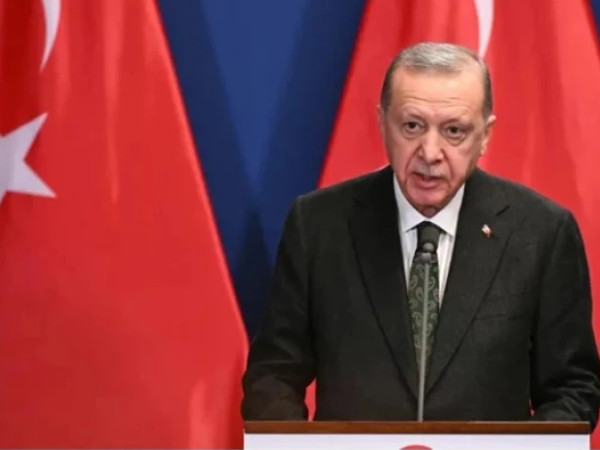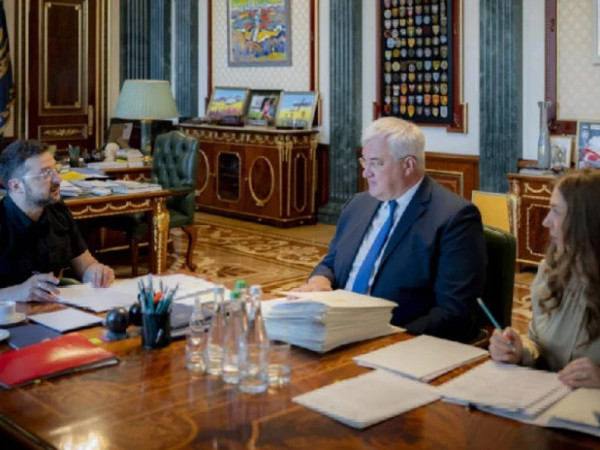EU talks tough on Georgia- but acts soft, – this is the title of an article published by Rikard Jozwiak, editor of the European Bureau of Radio Liberty. He writes in the article that the European Union foreign European Union foreign ministers failed to take any meaningful decision on Georgia at their July 15 meeting in Brussels. However, the European Commission did send a letter to Tbilisi warning that Georgians' visa-free travel privileges could be suspended if a number of conditions aren’t met by the end of August.
The question now is how serious this deadline really is, whether the Georgian government will budge, and ultimately whether Brussels can actually muster the will to act if Tbilisi doesn’t change course.
One thing was clear from the start. Sanctions, even the latest proposal of slapping asset freezes and visa bans on two Georgian judges, were off the table.
Both Hungary and Slovakia had made it clear in preparatory meetings that they would not approve.
According to EU diplomats familiar with the discussions, the issue was briefly touched upon, but since unanimity is needed and clearly wasn’t attainable, it was agreed that sanctions work will continue at lower levels in Brussels.
This is a clear indication that restrictive measures of this sort won’t happen anytime soon.
And, with the same ministers at the same meeting failing to adopt sanctions on Israeli West Bank settlers and Russian officials, it is increasingly obvious that the EU consensus rule is once again preventing the bloc from taking concrete foreign policy decisions.
Surprisingly, there was also no push to start a review of the EU-Georgia Association Agreement, which could lead to the suspension of certain provisions -- particularly those related to trade.
The issue is how much of an effect this would have, as EU imports from Georgia under the agreement's free trade component are only worth around 200 million euros.
Some EU member states did bring it up, and there is a real possibility that the ministers will return to it when they formally meet again in October.
EU foreign policy chief Kaja Kallas concluded that the option of triggering a review is very much on the table, especially since this move doesn’t require unanimity.
That leaves the suspension of visa liberalization as the remaining option to put pressure on Tbilisi -- a move that would require a qualified majority to trigger.


















